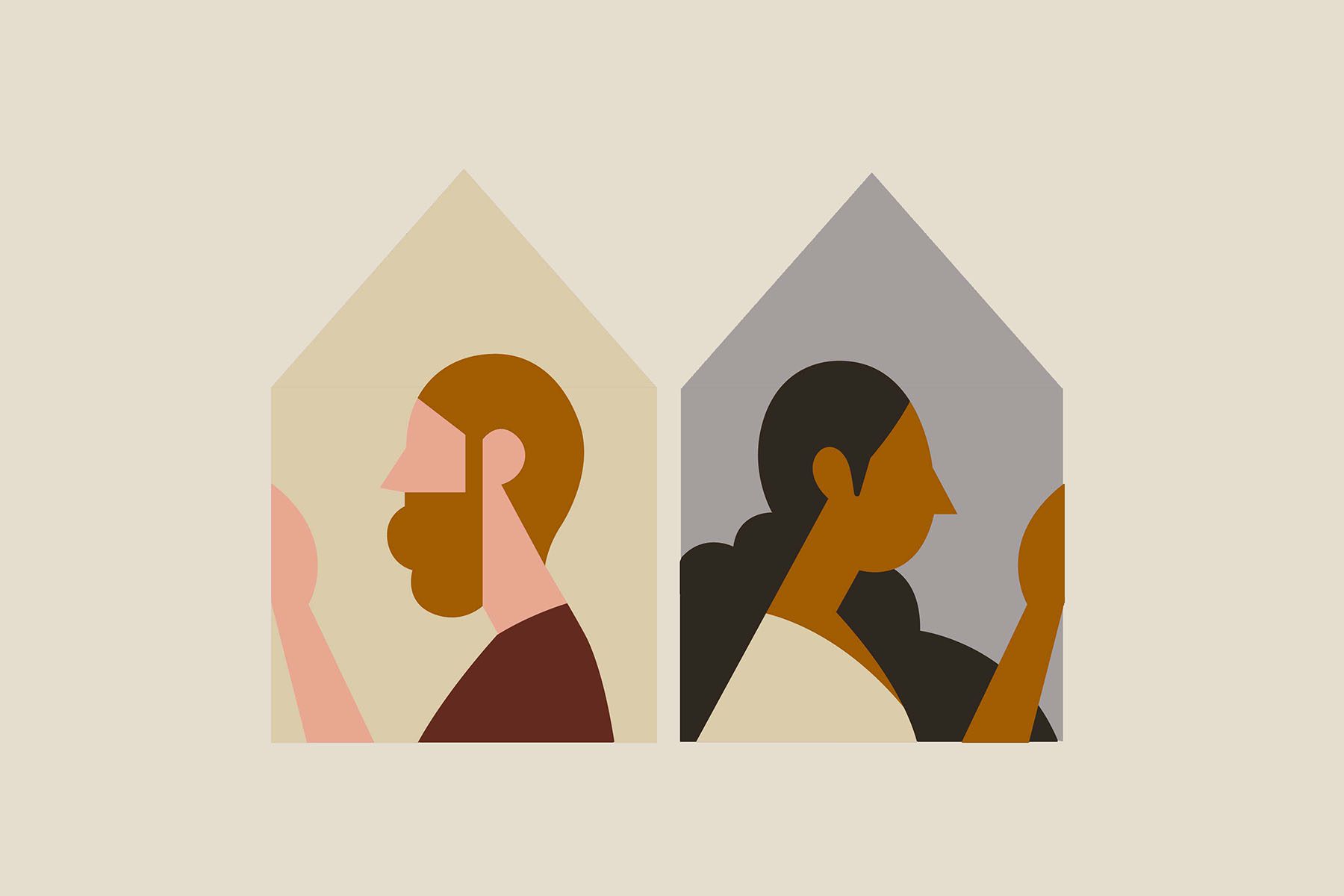A new bill in Mississippi would add a new pathway for people seeking divorce that experts say could help change a system that disproportionately harms women.
Although all 50 states have adopted no-fault divorce laws, Mississippi is one of two states — South Dakota is the other — that does not have unilateral no-fault divorce, meaning parties must jointly agree to the conditions of the split. If a couple cannot agree, the spouse seeking the divorce must file on a fault ground by proving their “innocence” and their partner’s “guilt.”
Mississippi has 12 grounds for divorce, including adultery, a prison sentence, incest and an “incurable mental illness.”
State lawmakers are trying to add a new option, one that would make things easier for someone trying to end a marriage against their partner’s wishes. A bill that passed the Mississippi Senate last week, would add “irretrievable breakdown of the marriage” as another reason for divorce. The proposed legislation would authorize the court to grant a divorce when either party proves “further attempts at reconciliation are impractical or futile.”
The bill’s author, Sen. Brice Wiggins, did not respond to requests for comment before publication. The legislation now awaits a vote in the House.
Attempts to update Mississippi’s divorce laws — largely unchanged for more than a century — have been futile in the past. Conservative lawmakers and religious lobbyists have repeatedly blocked similar divorce reform bills, citing efforts to strengthen the American family and uphold the sanctity of marriage.
Proponents of the new divorce bill argue the current system can lead to costly, drawn-out proceedings that could keep victims of domestic abuse in dangerous situations. Opponents argue that divorce harms the children involved and that lowering barriers would increase overall divorce rates.
Wiggins, a Republican, introduced the bill based on recommendations from a 2021 task force — composed of judges, attorneys, child advocates and law professors — that studied Mississippi’s domestic relations laws. Troy Odom, a chancery judge who chaired the task force, relayed the group’s recommendations to add additional grounds for divorce.
“We don’t want to preserve dead marriages,” Odom told a state Senate committee when he delivered the report last month. “We don’t want marriages to take place just in name because what you’re seeing is a long separation from two individuals who are still married but completely incompatible.”
Vivian Hamilton, a law professor at the College of William and Mary, argued that the measure of marriage stability is dictated less by a state’s divorce laws and more by the characteristics of the married couples. Couples who are older, more educated and have more income when they get married are far more likely to stay together, she said.
“A heightened barrier to divorce does little to ensure the health and sanctity of a marriage,” Hamilton said. “Instead, it puts barriers for individuals who are more vulnerable and who have fewer resources available to them to find alternatives.”
In 1969, Ronald Reagan, then-governor of California, signed the country’s first no-fault divorce bill. Other states soon followed. The divorce rate doubled between 1965 and 1975 and continued to rise until the early ‘80s — a period some scholars refer to as the “Divorce Revolution.”
New York became the last state to enact a no-fault divorce law in 2010. As in most other states, a marriage there can now be severed if just one party seeks a divorce on those grounds.
The question remains whether Mississippi will soon allow for that, too.
Some research shows that laws that make it easier to divorce can have a profound positive impact on women and children. When divorce is more attainable, the number of marriages has been known to increase, suicides and reports of domestic violence decrease and women gain economic power through income. In addition, expanded alimony and child support for divorced mothers often goes toward children’s education.
David Spratt, a professor at American University’s Washington College of Law, said Mississippi’s current law almost always disadvantages the lower-earning spouse, which is usually a woman.
The need for two-party agreement, he said, “can force a spouse who is already under the financial and emotional control of the other spouse — and sometimes a victim of domestic abuse — to remain in a dangerous and untenable situation.”
Galena Rhoades, a psychology professor at the University of Denver, said she supported the new bill but argued that more still needs to be done to protect victims of abuse.
“It’s less about the state law and more about the culture in an individual court,” Rhoades said. “What I mean is that courts and judges vary by counties and so much is left to individual judges, especially when it comes to adjudicating parental responsibilities … There really aren’t enough legal protections available to protect women, especially in domestic violence cases.”






